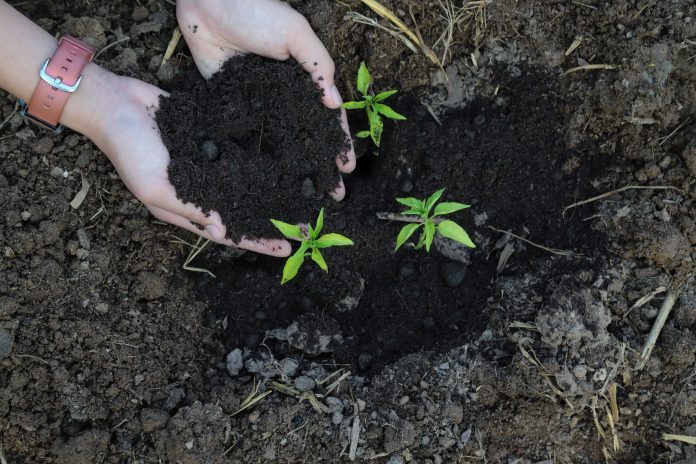#PlantHealth4Life is a multi-year multinational campaign initiated at the request of the European Commission, based on an in-depth analysis of perceptions and behaviors related to plant health across the EU. Its goal is to raise awareness of the deep connections between plant health and daily life, stimulating citizen activism in protecting plant health.
The campaign is led by the European Food Safety Authority (EFSA), the European Commission (EC), and 22 European countries. This year, the campaign includes 21 EU member states and one candidate country, representing twice the scope compared to the previous year: Belgium, Croatia, Cyprus, Czech Republic, Denmark, Estonia, Finland, France, Germany, Greece, Hungary, Ireland, Latvia, Lithuania, Malta, Poland, Portugal, Slovakia, Slovenia, Spain, Sweden, and Montenegro.
“Plant health impacts not only the environment, the economy, and the European food chain, but also our present and future – by keeping plants healthy, we protect life. Therefore, we can say we are proud of the involvement of European citizens in this issue, which shows the largest participation of member states in the campaign to date,” said Tobin Robinson, Head of the EFSA Plant Unit, presenting this campaign at the symposium titled “Plant Health Without Borders” as part of Belgium’s presidency of the EU Council in Brussels.
How does plant health affect our lives?
Plants make up 80% of the food we eat and purify the air we breathe. But that’s not all: healthy plants mean good agricultural yields, affecting food availability and food prices for consumers. Climate change and human activities such as trade and travel put significant pressure on plants, and the spread of plant pests and diseases can have devastating economic and environmental consequences. Remember the potato blight in the mid-19th century, which led to massive crop loss and was a major cause of the Great Famine in Ireland.
More recently, the bacterium Xylella fastidiosa first appeared in Europe and destroyed millions of olive trees in Apulia, an Italian region, some of which were hundreds of years old. Its spread across southern Europe causes significant damage to other plant species, including ornamental plants, almonds, and grapevines.
Montenegro’s Experience
In recent years, Montenegro has become host to a significant new plant pest – the red palm weevil, which has destroyed many Canary Island date palms, significantly affecting the beauty of many promenades and gardens along the Montenegrin coast. Now, preventive chemical treatments against this insect are necessary for the care and maintenance of sensitive palm species. This case, besides causing damage, also provided a lesson.
Plant pests spread quickly and cause significant damage if urgent, organized measures are not taken over a wide area. Only prompt and effective action after the appearance of a new dangerous plant pest can prevent its spread and further damage. Therefore, spreading information about the risks of such occurrences is essential.
However, many European citizens still lack sufficient knowledge about why plant health is important. The #PlantHealth4Life campaign aims to raise collective awareness about the risks to plant health and the role each of us plays in protecting plants.
“Informed European citizens, armed with accurate information about plant health, can help protect and preserve our biodiversity,” said Kofler Berry, Deputy Director-General for Food Sustainability at the Directorate-General for Health and Food Safety (DG SANTE).
The involvement of every European citizen is crucial for maintaining plant health. Visit the #PlantHealth4Life campaign website at EFSA’s Plant Health for Life and learn how you can protect plant health. You will find resources available in all EU languages, including announcements, social media posts you can share on your channels, and videos.
These resources may be especially useful if you are:
- A curious traveler who loves to explore the world and nature.
- A gardener who grows and cares for vegetables, flowers, and trees at home, in your yard, or on your balcony.
- A parent concerned about the food your children eat and who wants to protect agricultural communities, the environment, and biodiversity for future generations.
This year, we offer numerous opportunities to participate in the campaign, which will be present at fairs, exhibitions, and schools in participating countries. Check out the national page of the campaign website to learn about events in your country and follow us for more information through upcoming posts!
The agency collaborates with stakeholders to promote coherence in scientific advice at the EU level and provides the scientific basis for laws and regulations to protect European consumers from food-related risks – from farm to table.







